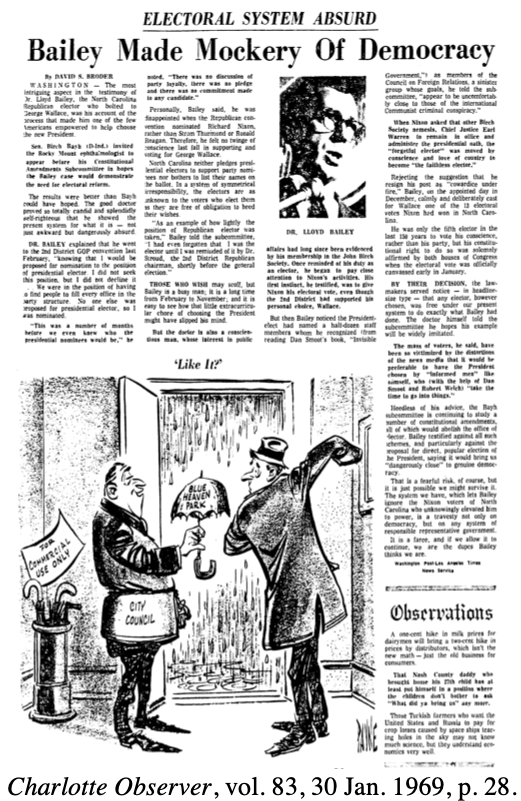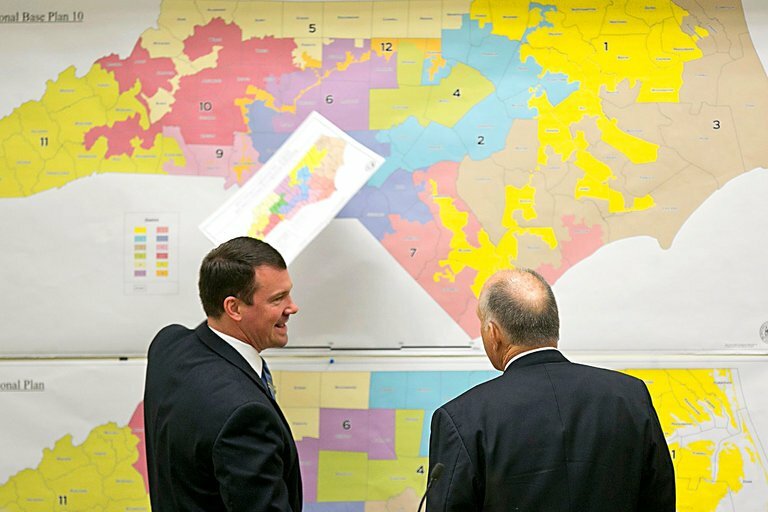This week, Carolina Journal reporter Lindsay Marchello reported on a recent federal court ruling which could have implications for elections across the nation. Marchello writes:
On Aug. 20, a three-judge panel on the federal appellate court ruled 2-1 against the Colorado Secretary of State’s Office in a case involving faithless electors. The court ruled unconstitutional a state law requiring presidential electors to vote for the candidate who won the popular vote.
Marchello explains how the case arose:
In 2016… three of Colorado’s nine presidential electors didn’t want to cast a vote for Democrat Hillary Clinton, even though she won the state’s popular vote.
Then-Secretary of State Wayne Williams ordered the three electors to vote for Clinton or be replaced. Micheal Baca, one of the electors, tried to vote for Republican John Kasich, but Williams replaced him with an alternate. The two other electors wanted to vote for Kasich, too, but opted to keep their positions and voted for Clinton.
Marchello reports the court ruled in favor of Baca:
“Secretary Williams impermissibly interfered with Mr. Baca’s exercise of his right to vote as a presidential elector,” U.S. Circuit Court Judge Carolyn Baldwin McHugh wrote in the opinion. “Specifically, Secretary Williams acted unconstitutionally by removing Mr. Baca and nullifying his vote for failing to comply with the vote-binding provision.”

This could affect North Carolina’s faithless elector law. Marchello explains:
North Carolina has its own law governing how presidential electors can vote. During the late 1960s, the General Assembly passed a law requiring all electors to vote for their party candidate or face immediate removal and a $500 fine.
Andy Taylor, political professor at N.C. State University, said… “All the faithless electors that we have had … they’ve never made a difference in the outcome.”
North Carolina’s last faithless elector was Lloyd Bailey in 1968.
However, Marchello writes:
Read the full story here. Learn more about the electoral college debate in North Carolina here.


